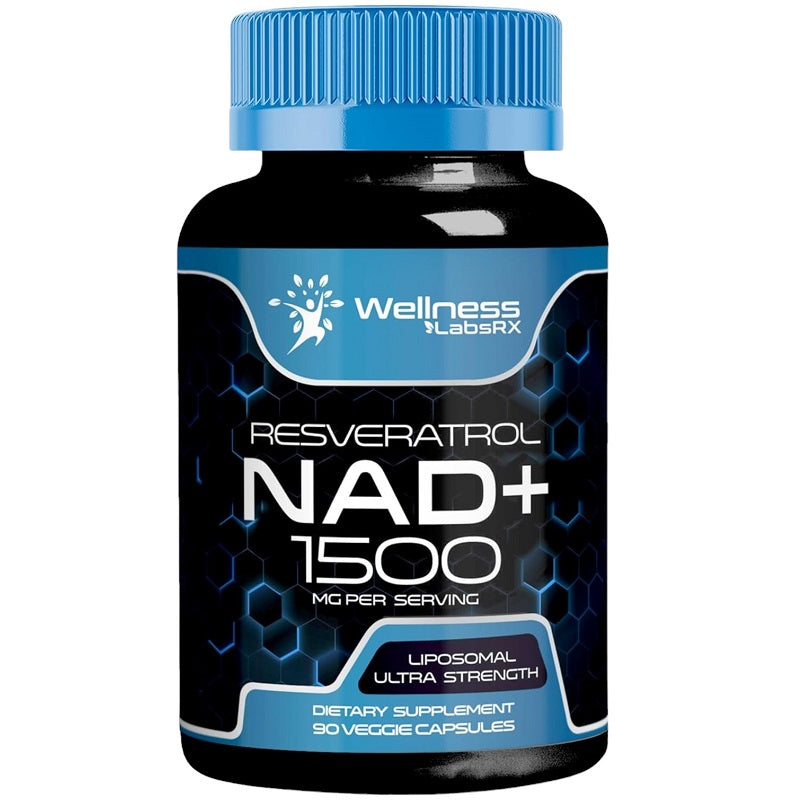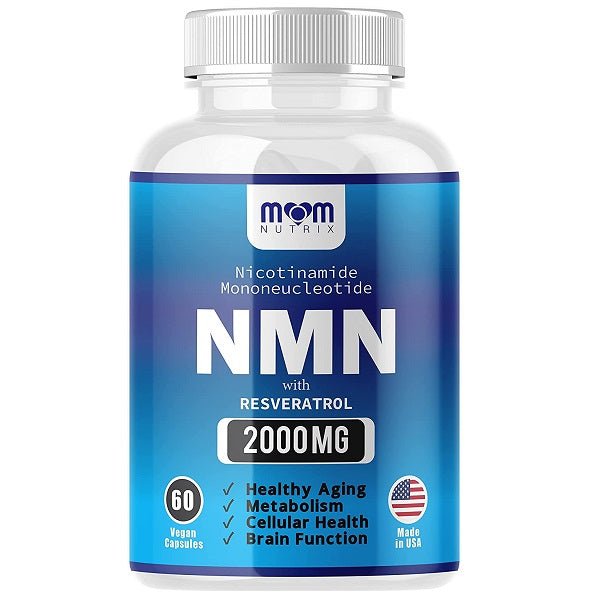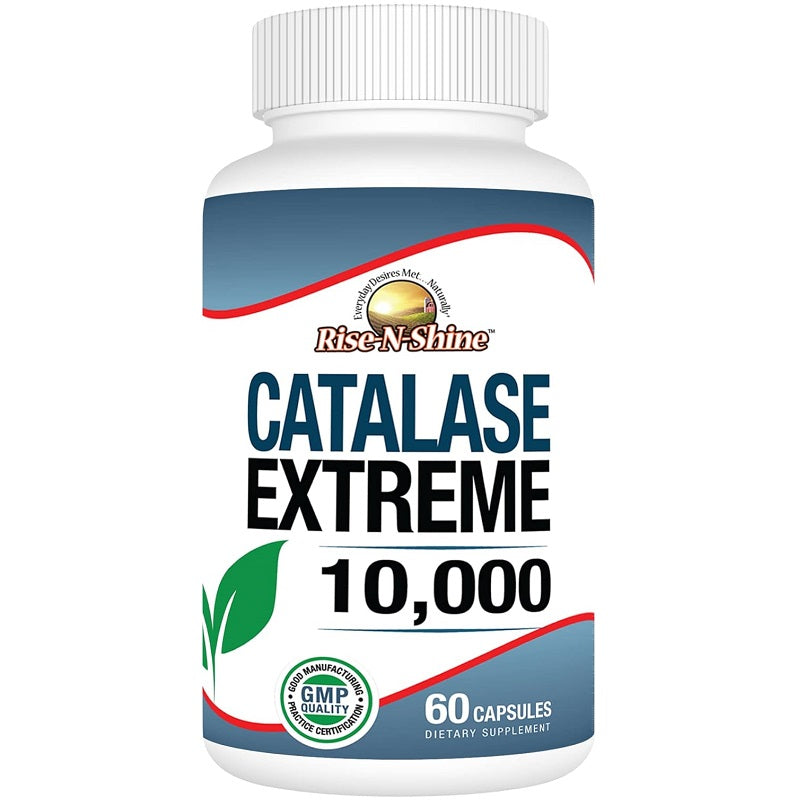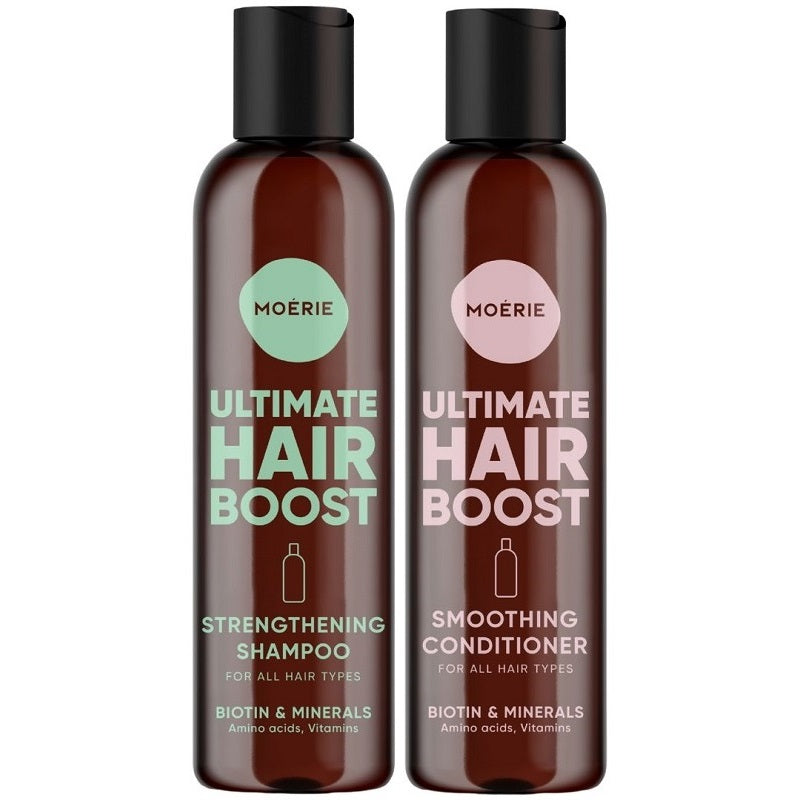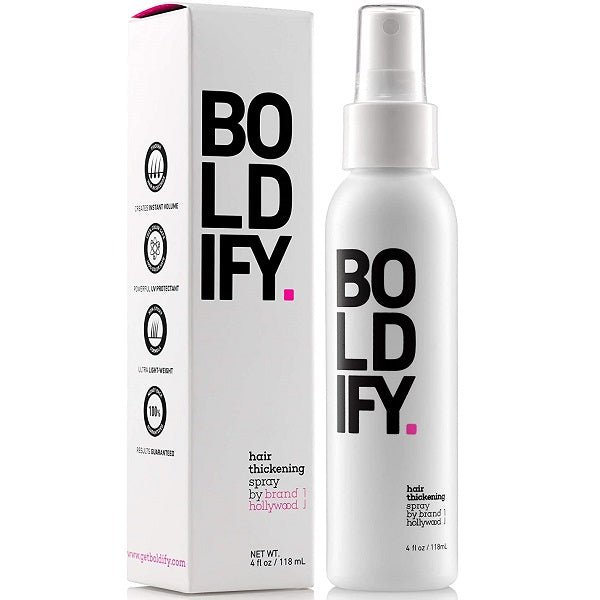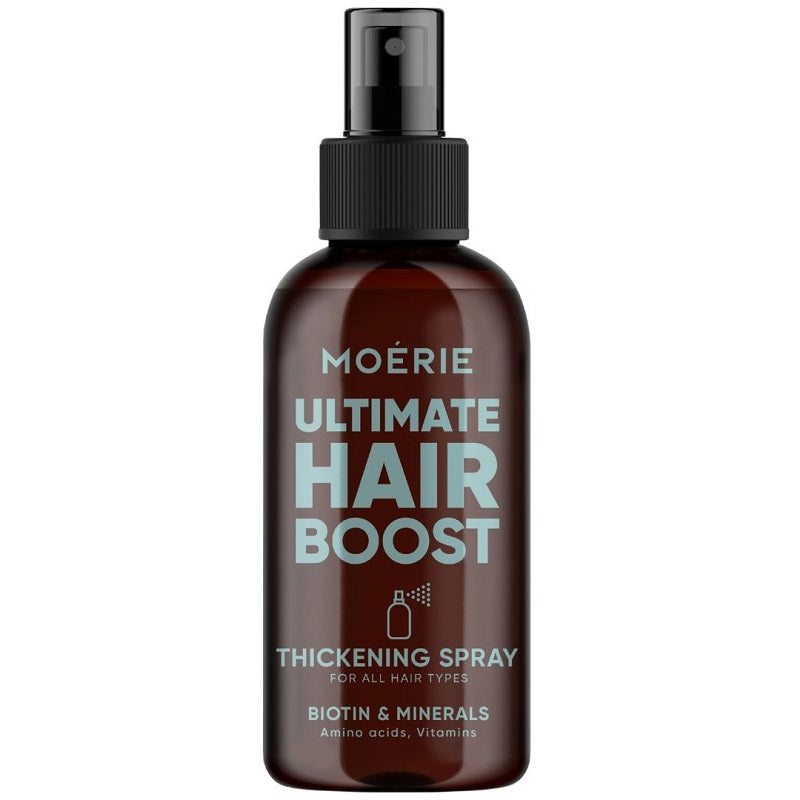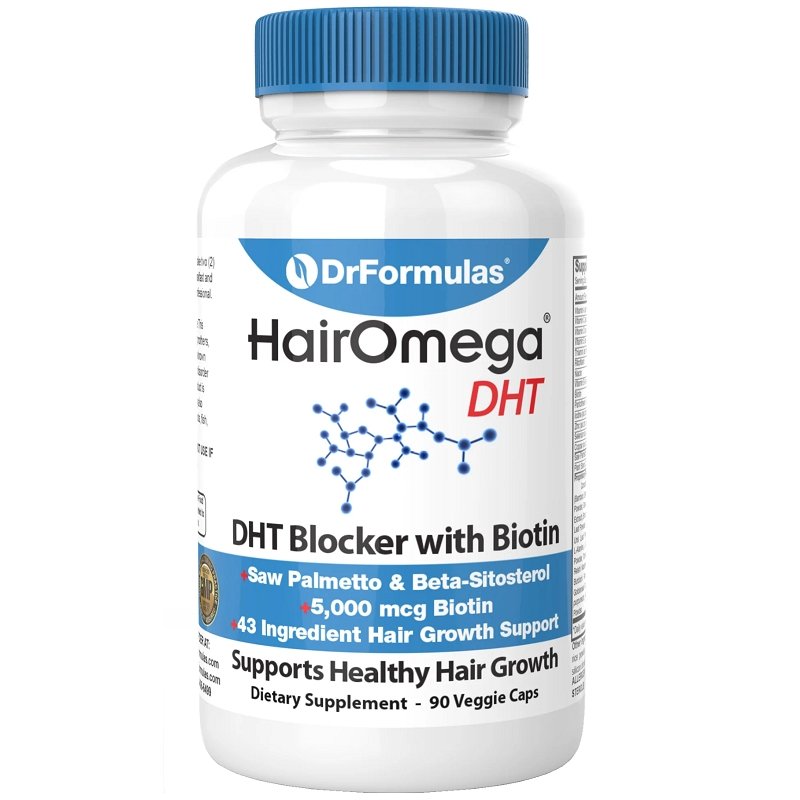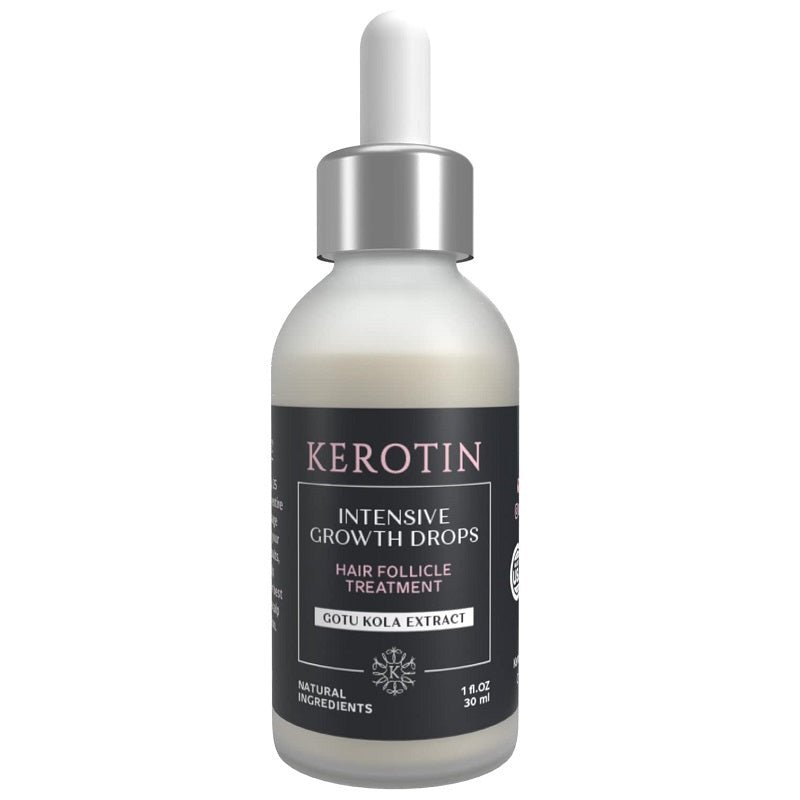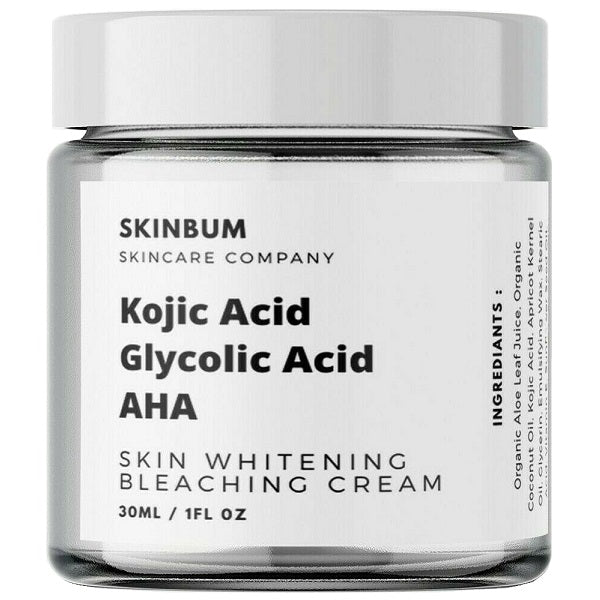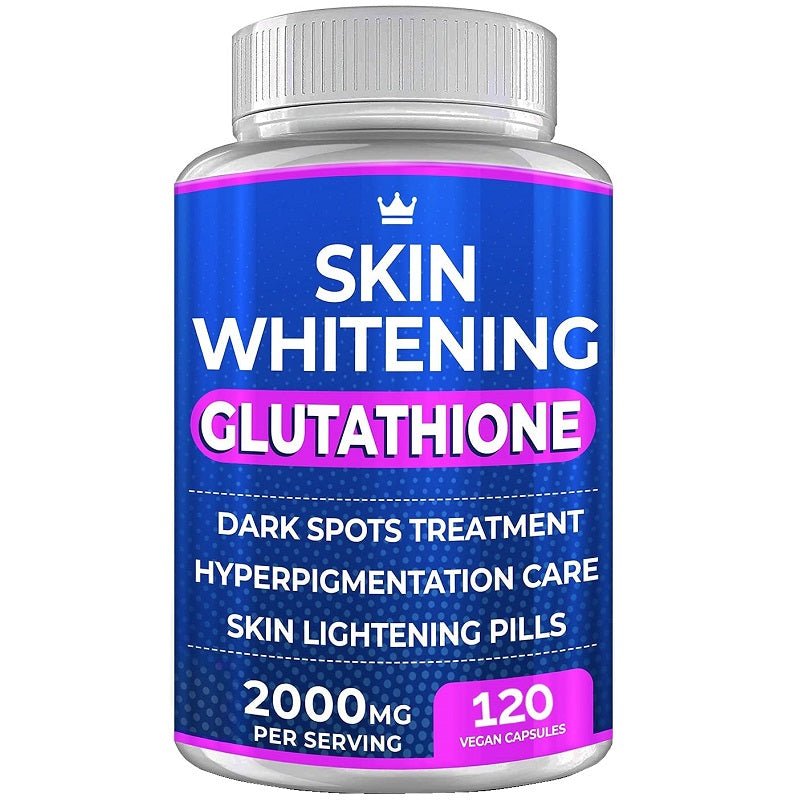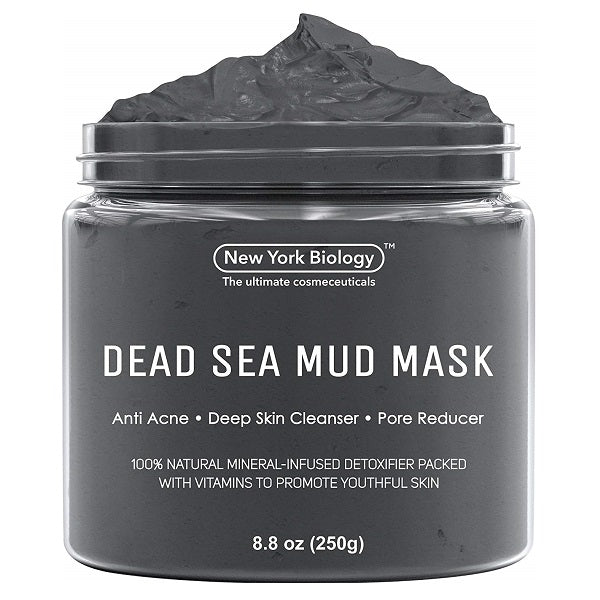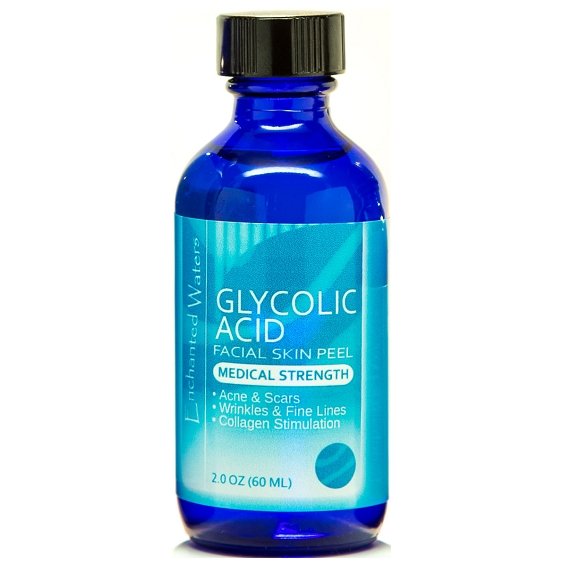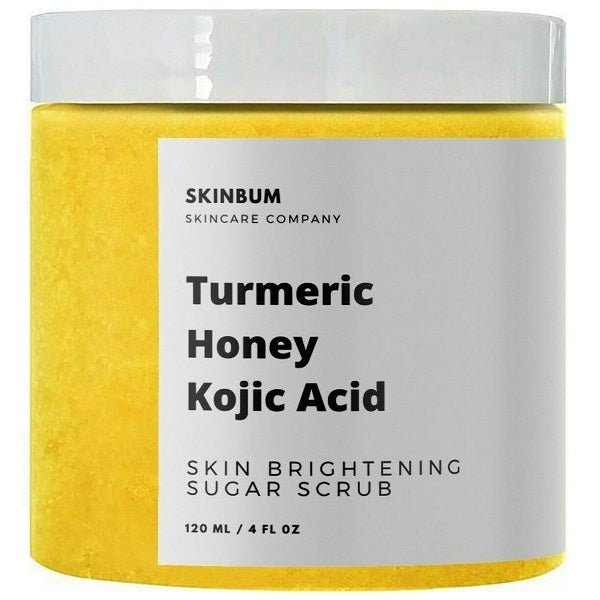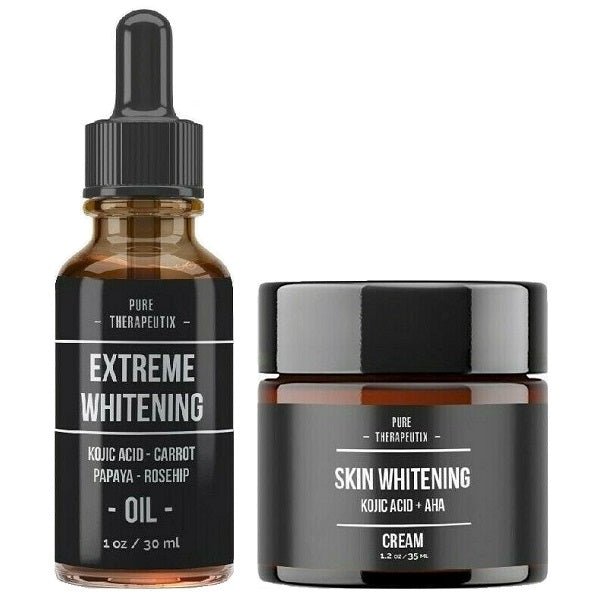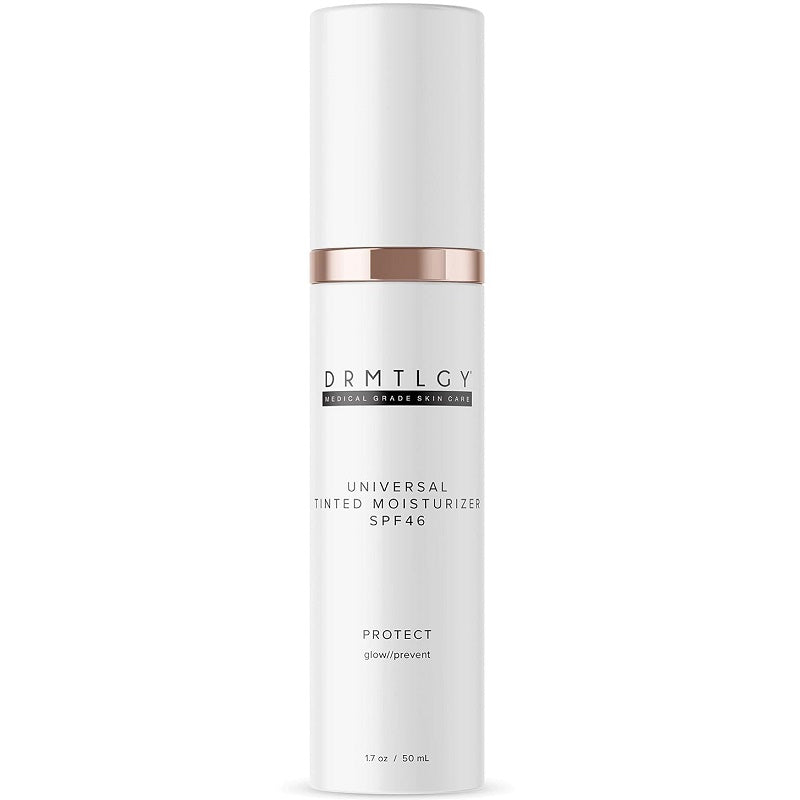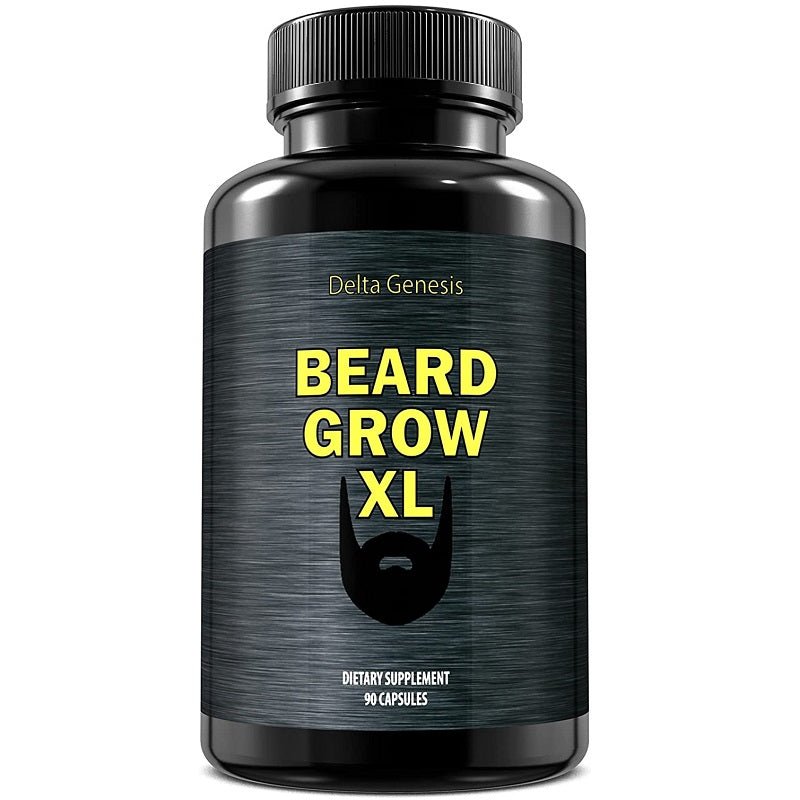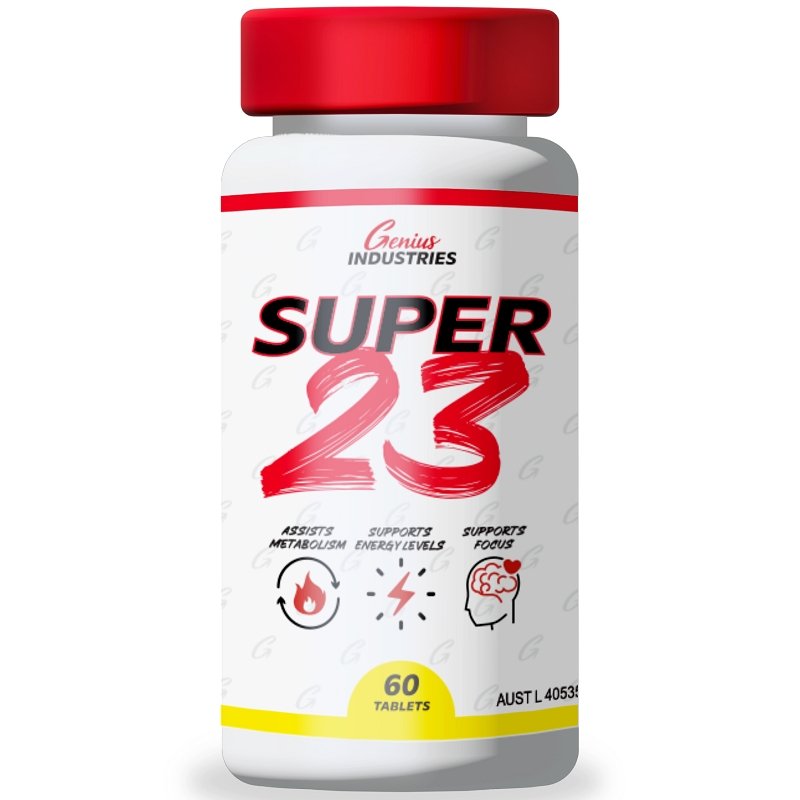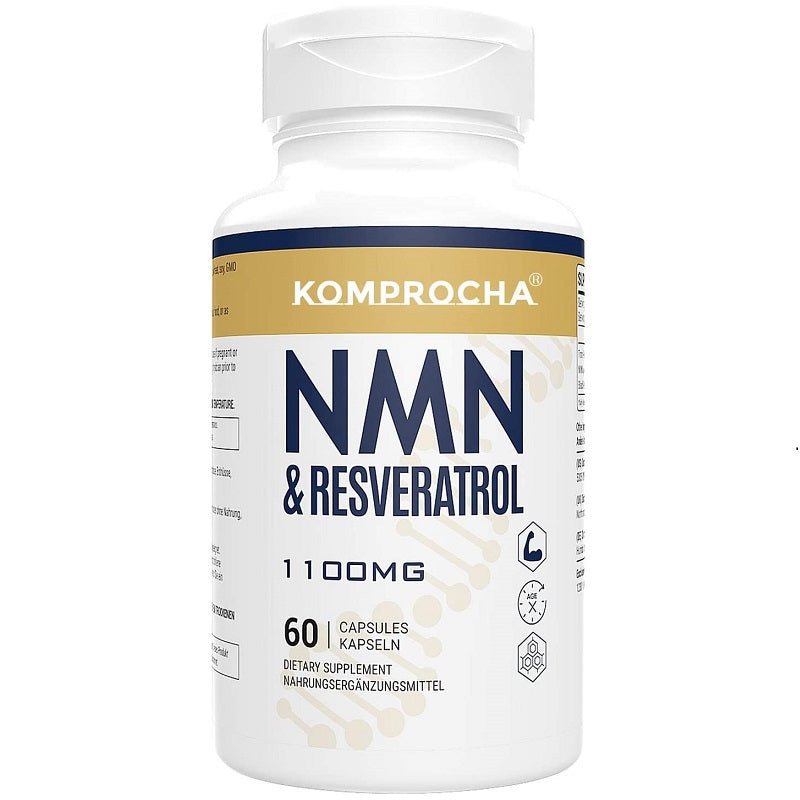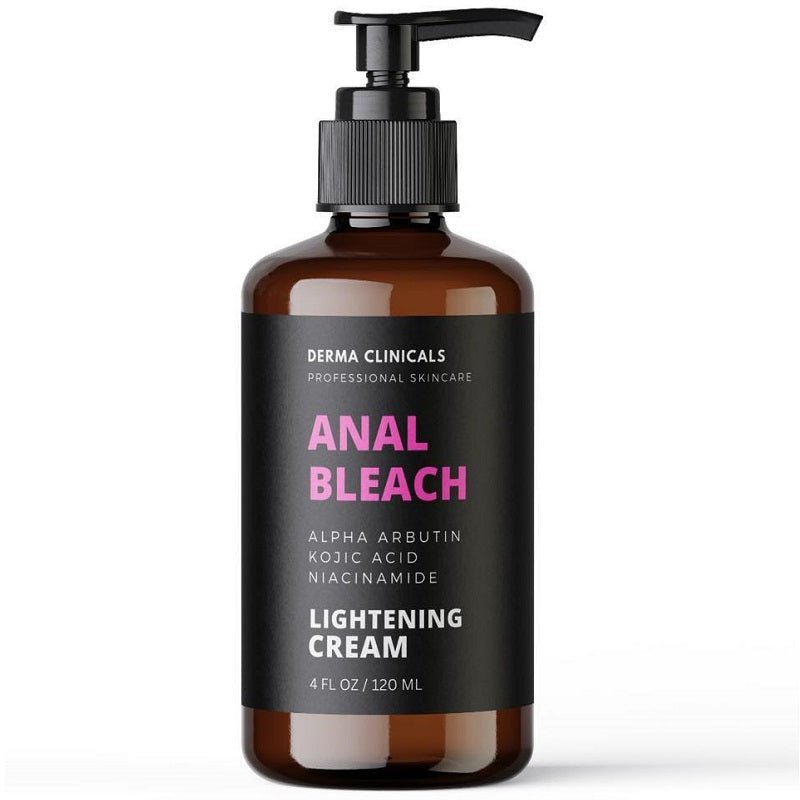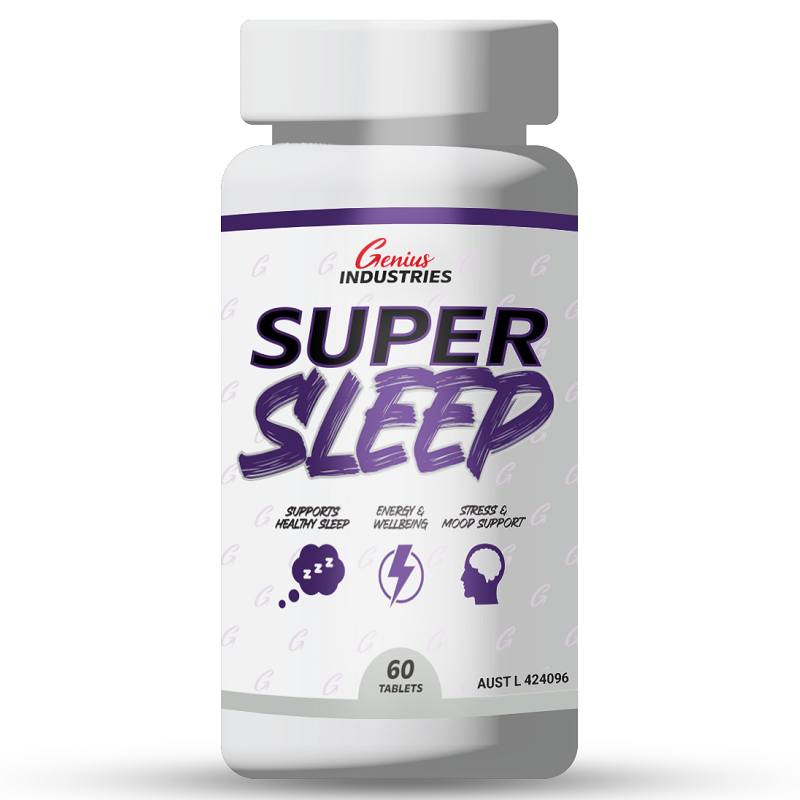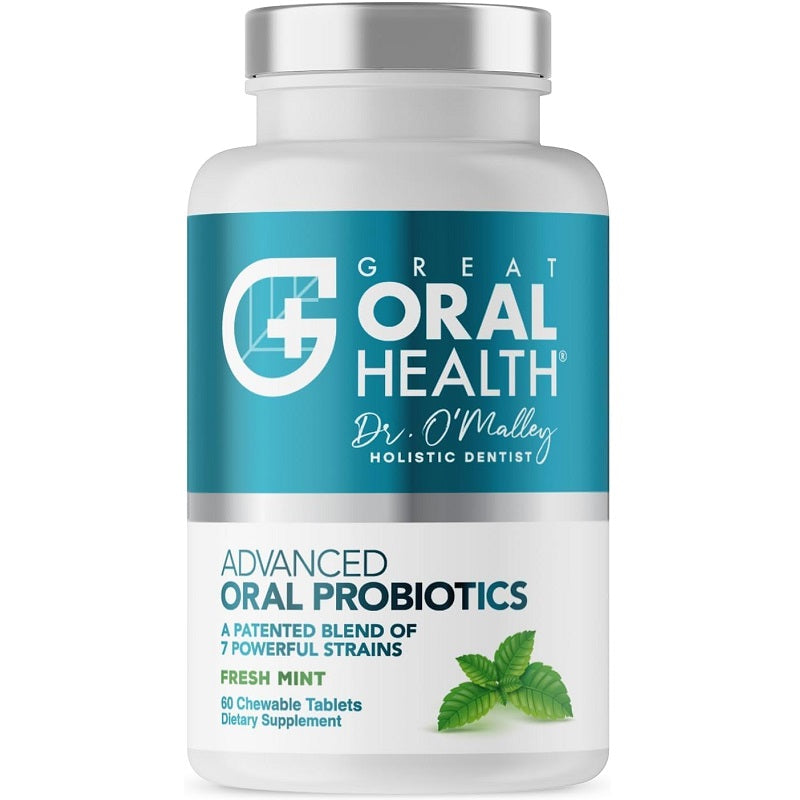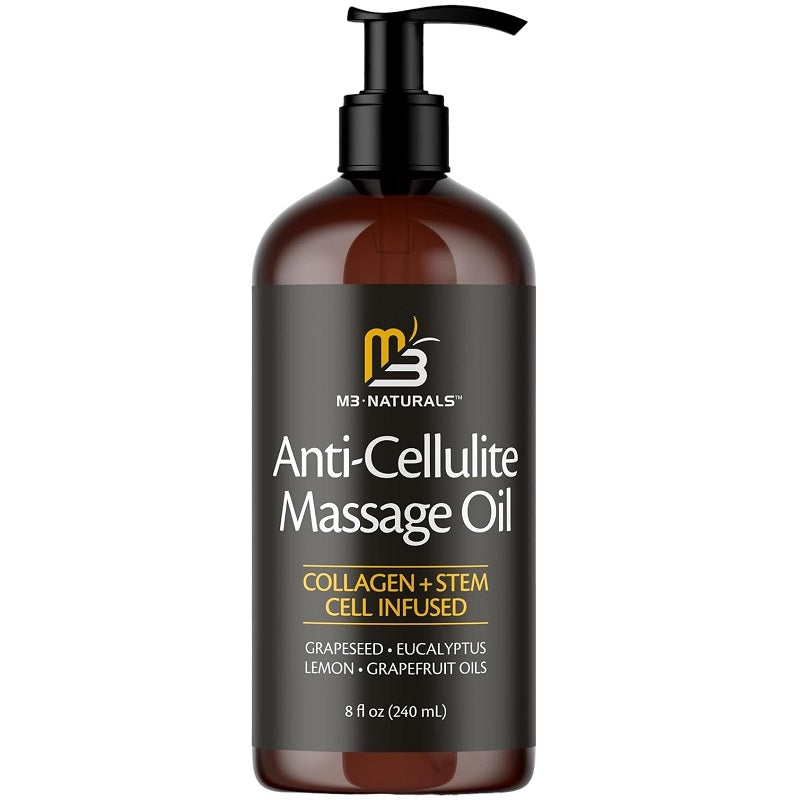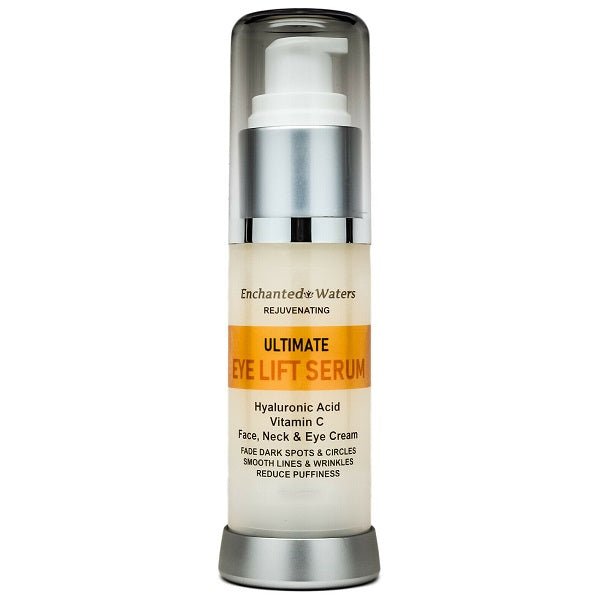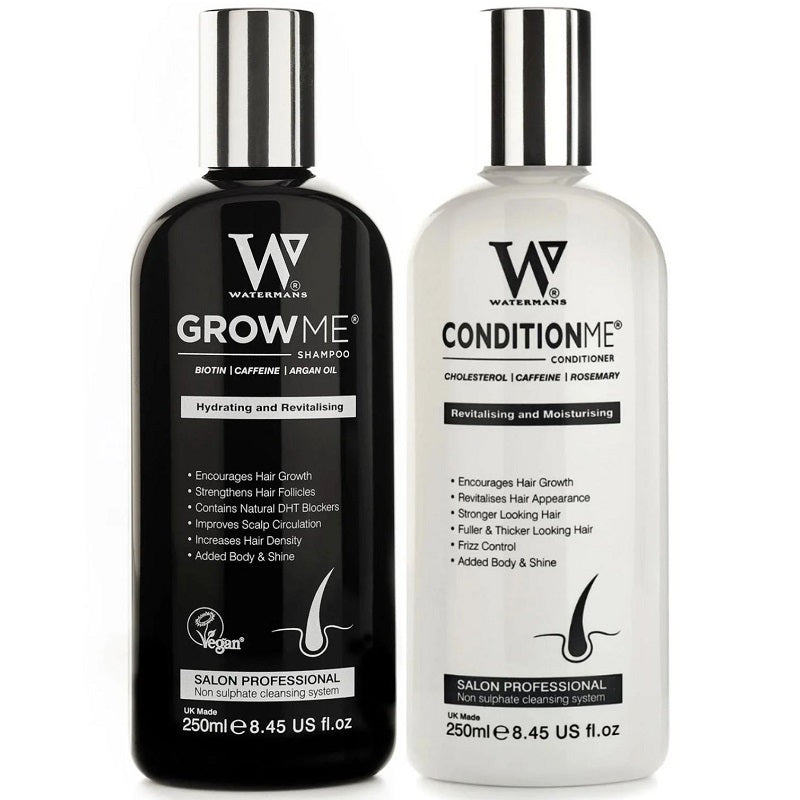Do Hair Growth Supplements Really Work?
Hair growth supplements are everywhere — from Instagram ads to pharmacy shelves — all promising thicker, stronger, and healthier hair. With so many options out there, it’s natural to wonder: do they really work, or is it just clever marketing?
The Science Behind Hair Growth
Hair growth is influenced by several factors, including genetics, hormones, age, diet, and overall health. The hair growth cycle has three stages: anagen (growth), catagen (transition), and telogen (resting). A deficiency in essential nutrients can disrupt this cycle, leading to thinning hair or increased shedding.
That’s where supplements come in. They’re designed to provide vitamins, minerals, and other nutrients that support healthy hair follicle function.
Key Nutrients in Hair Growth Supplements
Most hair growth supplements contain a combination of the following ingredients:
-
Biotin (Vitamin B7): Often linked to hair strength and growth. While biotin deficiency can cause hair thinning, most people get enough from their diet.
-
Vitamin D: Plays a role in hair follicle cycling. Low levels have been associated with hair loss.
-
Zinc & Iron: Essential for healthy hair follicles and preventing hair shedding.
-
Collagen: Provides amino acids that may support the structure of hair and skin.
-
Saw Palmetto & Other Botanicals: Sometimes included to balance hormones that can affect hair loss.
Do They Actually Work?
The answer is yes — but with conditions. Supplements can help if your hair loss is linked to a nutritional deficiency. For example, someone low in iron or vitamin D may see significant improvements once levels are restored.
However, if hair loss is caused by genetics (like male or female pattern baldness) or hormonal changes, supplements alone won’t reverse the issue. They may help improve overall hair quality, but they’re unlikely to regrow hair in areas where follicles are already inactive.
What the Research Says
-
Biotin: Only proven effective in cases of true deficiency (rare in healthy adults).
-
Multinutrient Formulas: Some studies show improvements in hair thickness and reduced shedding, especially in women with thinning hair.
-
Overall Nutrition: A balanced diet rich in protein, healthy fats, and micronutrients often supports better hair than supplements alone.
The Bottom Line
Hair growth supplements can be beneficial — but they’re not magic pills. They’re most effective when addressing specific deficiencies and should be seen as a supportive tool, not a cure. For the best results:
-
Get your nutrient levels checked before supplementing.
-
Combine supplements with a healthy diet, good scalp care, and stress management.
-
Speak with a healthcare professional if you notice sudden or severe hair loss.
At the end of the day, supplements can play a role in supporting healthy hair, but realistic expectations are key. Think of them as part of a bigger hair wellness strategy rather than a quick fix.
